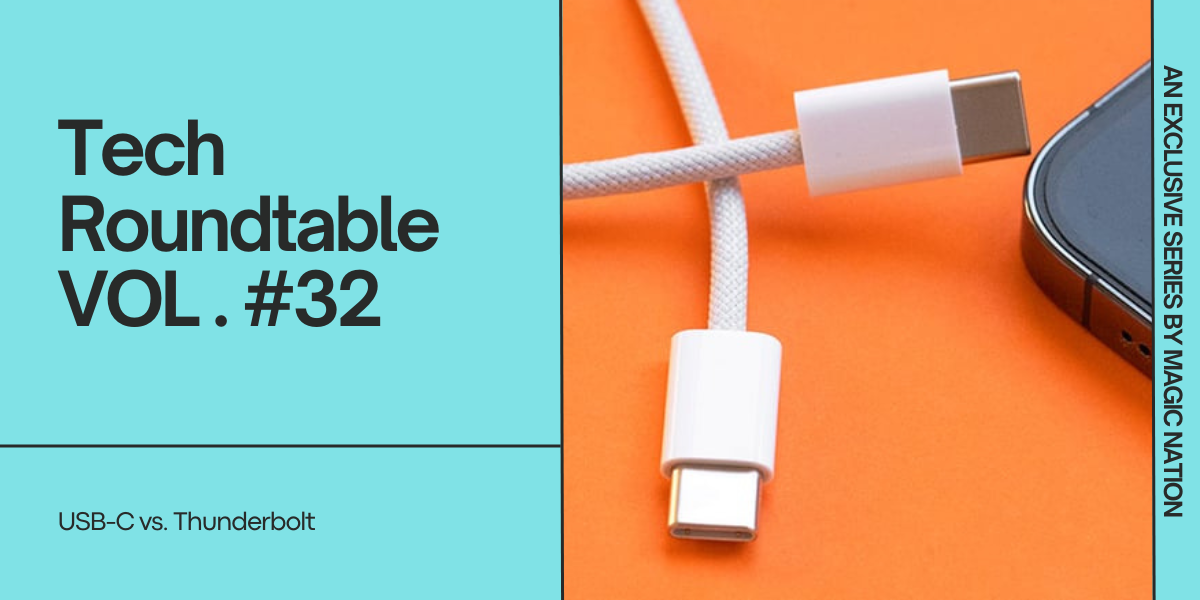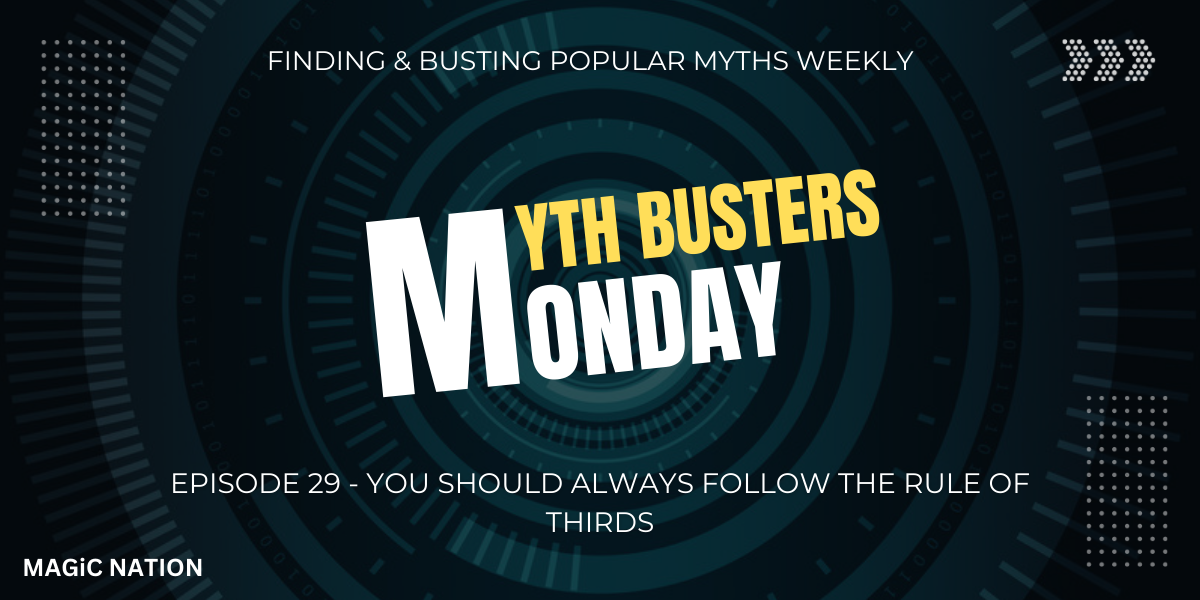Social media platforms like Facebook, Instagram, and Twitter have become increasingly popular in recent years, with billions of users worldwide. These platforms allow users to connect with friends and family, share photos and videos, and follow their favorite celebrities and brands. However, there is growing evidence that excessive social media use can have negative consequences for our mental health.Social Media Use and Mental Health
Some of the negative mental health effects associated with social media use include:
Low self-esteem: Social media users often compare themselves to others, which can lead to feelings of inadequacy and low self-esteem.
Anxiety and depression: Social media use can trigger feelings of anxiety and depression, especially in people who are already vulnerable to these conditions.
Loneliness and social isolation: Social media use can lead to feelings of loneliness and social isolation, even though it is supposed to connect us with others.
Cyberbullying and harassment: Social media can be a platform for cyberbullying and harassment, which can have a devastating impact on victims.
Sleep problems: The blue light emitted from smartphone screens can interfere with sleep, which can lead to a variety of mental health problems.
How Smartphones Facilitate Social Media Use
Smartphones make it easier than ever to use social media. We can now check our social media feeds whenever we want, wherever we are. This can lead to excessive social media use, even when we are supposed to be doing other things, such as working, studying, or spending time with loved ones.
Smartphones also make it easier to engage in negative social media behaviors, such as cyberbullying and harassment. We can now send hurtful messages and comments anonymously, which can make it difficult for victims to identify and report their abusers.
Protecting Our Mental Health in the Age of Smartphones
There are a number of things we can do to protect our mental health in the age of smartphones. Here are a few tips:
Limit your social media use: Set limits on how much time you spend on social media each day.
Be mindful of your social media consumption: Pay attention to how social media makes you feel. If you are feeling negative after using social media, take a break.
Avoid comparing yourself to others: Remember that everyone presents a curated image of themselves on social media. Don't compare your real life to someone else's highlight reel.
Be aware of the risks of cyberbullying and harassment: If you are being cyberbullied or harassed, report it to the social media platform and to the authorities.
Take breaks from your smartphone: Put your smartphone away when you are working, studying, or spending time with loved ones.
Conclusion
Smartphones are powerful tools that can be used for good or for bad. It is important to be aware of the potential negative impacts of smartphone use, especially as they relate to social media use. By taking steps to protect our mental health, we can ensure that smartphones enhance our lives rather than detract from them.
Additional Tips for Parents
If you are a parent, there are a number of things you can do to help your child use social media in a healthy way:
Talk to your child about social media: Educate your child about the potential risks of social media use, such as cyberbullying, harassment, and sleep problems.
Set rules for social media use: Establish rules for how much time your child can spend on social media each day and what types of content they can view.
Monitor your child's social media use: Use parental control software to monitor your child's social media activity.
Be a good role model: Show your child how to use social media in a positive and responsible way.
By following these tips, you can help your child develop a healthy relationship with social media and protect their mental health.










